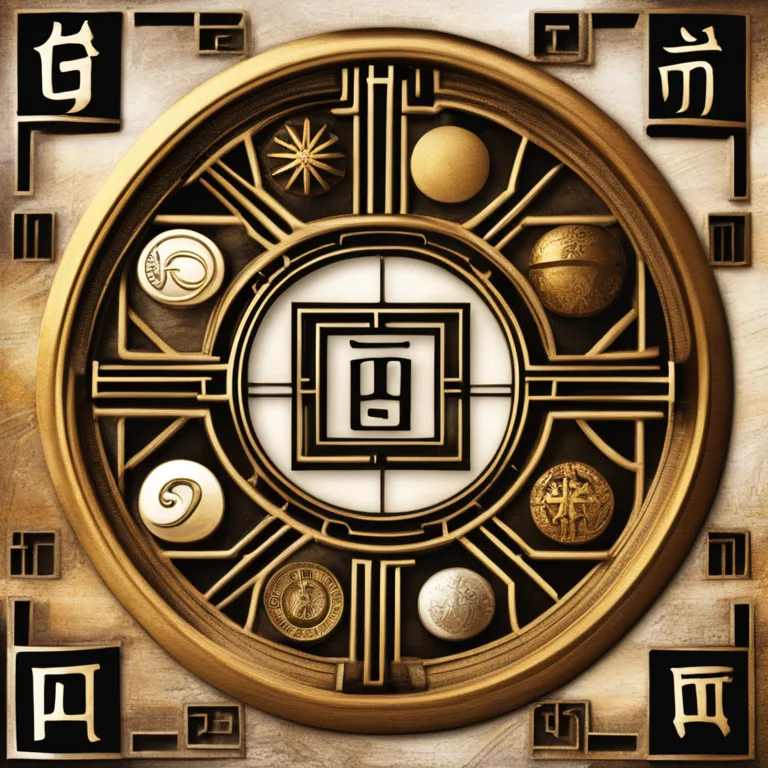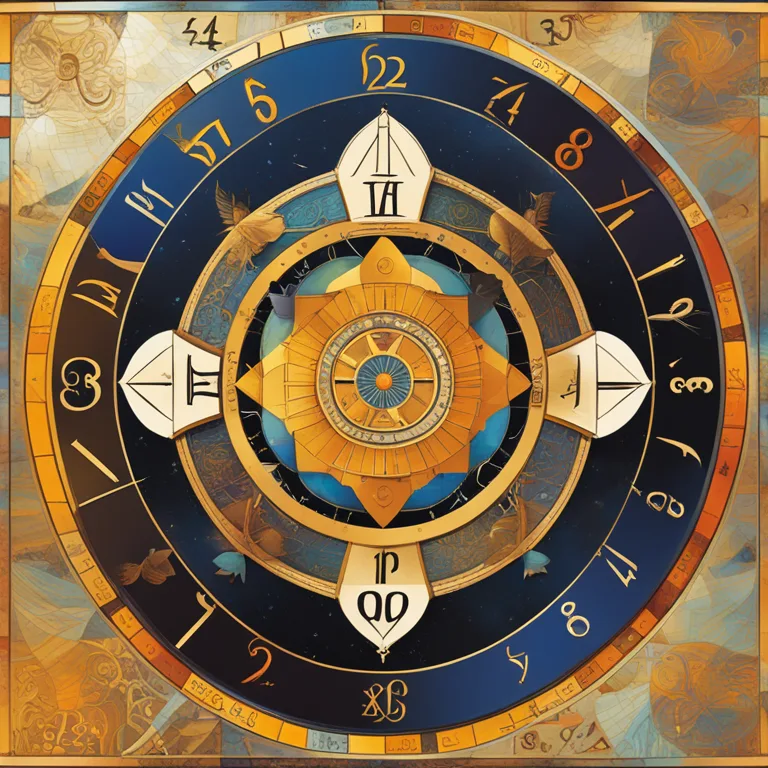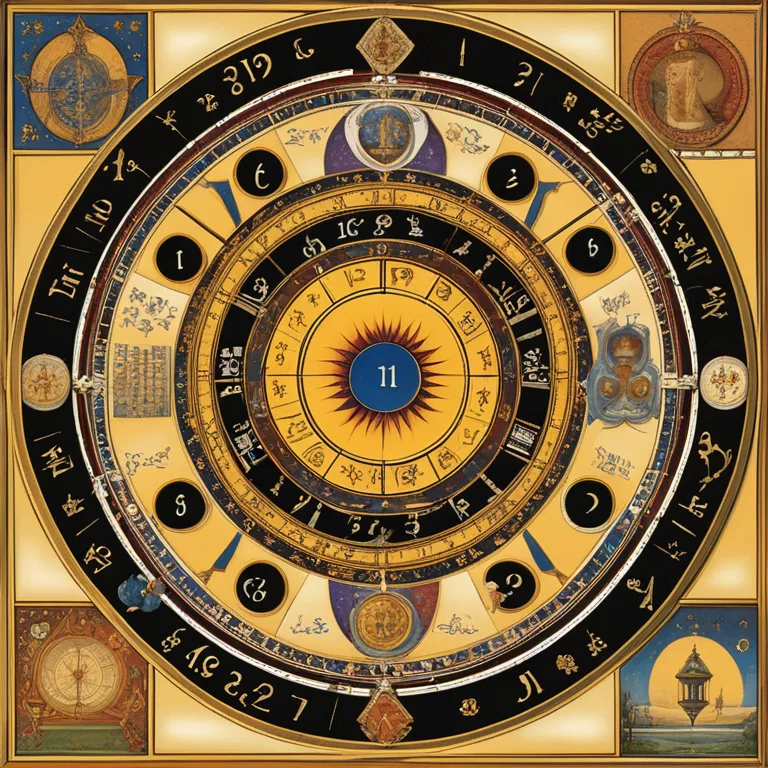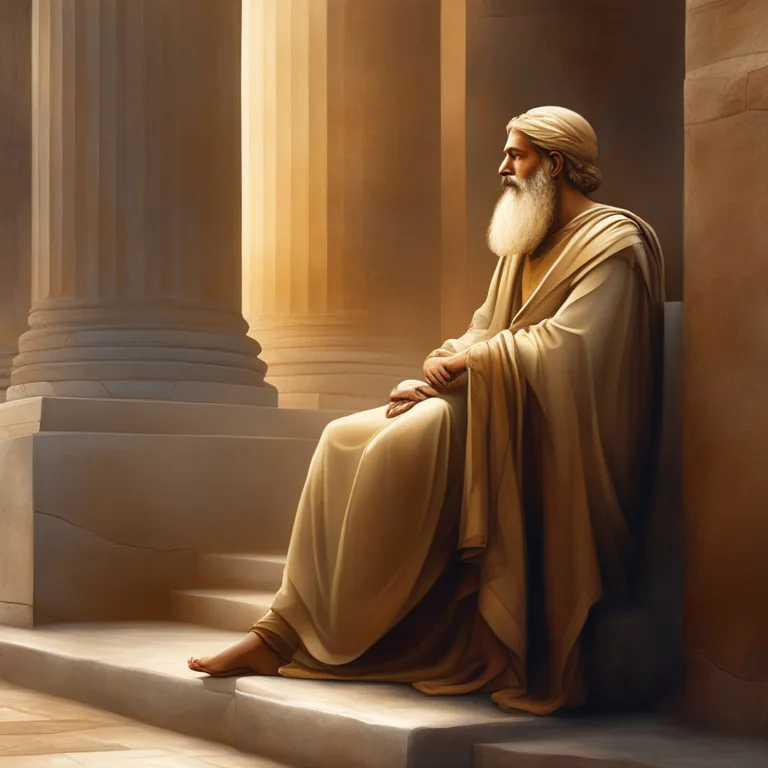
The Origins of Numerology: A Handbook
The roots of numerology traced through history to explain its emergence and impact.
article by Sofia Ferguson
The Birth of Numerology
Numerology is often seen as the mystical sister of astrology, yet its origins are distinct and fascinating. The practice is an ancient form of divination, based on the belief that numbers have specific vibrations and can influence human life. Historians typically trace numerology back to the mathematician Pythagoras and his followers in ancient Greece around the 6th century BCE. Pythagoras, celebrated for the Pythagorean theorem, also harbored beliefs that numbers had sacred, metaphysical meaning. He and his acolytes laid the groundwork for what would evolve into contemporary numerology, considering numbers as the foundation of all existence.

Ancient Cultures and Numerology
Numerology was not restricted to the Greeks; it also flourished across other ancient cultures. The Chinese, Hebrews, Egyptians, and Babylonians all saw numbers as potent symbols with deep significance. For instance, the Chinese revered certain numbers for their luck-bringing properties. Numerology also plays a critical role in Kabbalah, the Jewish mystical tradition, where it is known as Gematria and involves finding hidden meanings in words based on numerical values. These varied traditions contributed to the rich tapestry of symbolism and interpretation that forms modern numerology.

Evolution Over Centuries
Through the medieval and renaissance periods, numerology and its practices continued to metamorphose, blending with astrological and alchemistic philosophies. During these times, numerology was often studied under the broader scope of "number mysticism," encompassing various forms of esoteric knowledge. Even eminent scholars like Johannes Kepler, who is more famously known for his laws of planetary motion, were entranced by the concept of harmonices mundi - the Harmony of the Worlds - which tied together geometry, music, astrology, and numerology into a universal theory.

Numerology's Modern Implications
The 20th century saw a resurgence of interest in numerology, with figures like L. Dow Balliett and numerologist Dr. Julian Stenton catalyzing the concept of personal numerology profiles that we recognize today. In contemporary times, numerology is often associated with astrology, tarot, and other metaphysical studies, offering insights into personal identity, destiny, and life's purpose. It's now common for individuals to seek their life path numbers, expression numbers, and soul urge numbers as guides to personal fulfillment.

Science or Superstition?
Mainstream science largely dismisses numerology as a pseudoscience or superstition due to its lack of empirical evidence. Despite this, the practice has endured and even thrived, finding its place in modern spirituality and self-help movements. Proponents argue that, like many esoteric arts, numerology offers a framework for understanding the universe and oneself, even if it doesn't conform to scientific validation. For many, it serves as a tool for introspection and personal growth, irrespective of skeptics' positions.
Numerology in the Digital Age
The digital revolution has given numerology a new platform, making it more accessible than ever before. Online calculators can quickly determine personal numerological aspects, and social media allows enthusiasts to share interpretations and insights. As the world becomes increasingly connected, numerology's reach extends, intertwining with the global interest in mindfulness and spirituality. This blend of ancient tradition and modern technology continues to intrigue a diverse audience, ensuring numerology's relevance in an ever-changing world.
Published: 12/21/2023
Modified: 12/21/2023
More predictions
Come back here soon to learn more about yourself and your future


The Vibrant Year of Numerology 3
Discover the effervescent energy of the Year 3 in numerology, and how it can influence your creative and social endeavors.


The Mystique of Name & Birth Numerology
Discover how your name and birthdate reveal your unique numerological profile and life path through the ancient practice of numerology.


The Origins of Numerology
Tracing the Roots and Founding Minds Behind Numerology